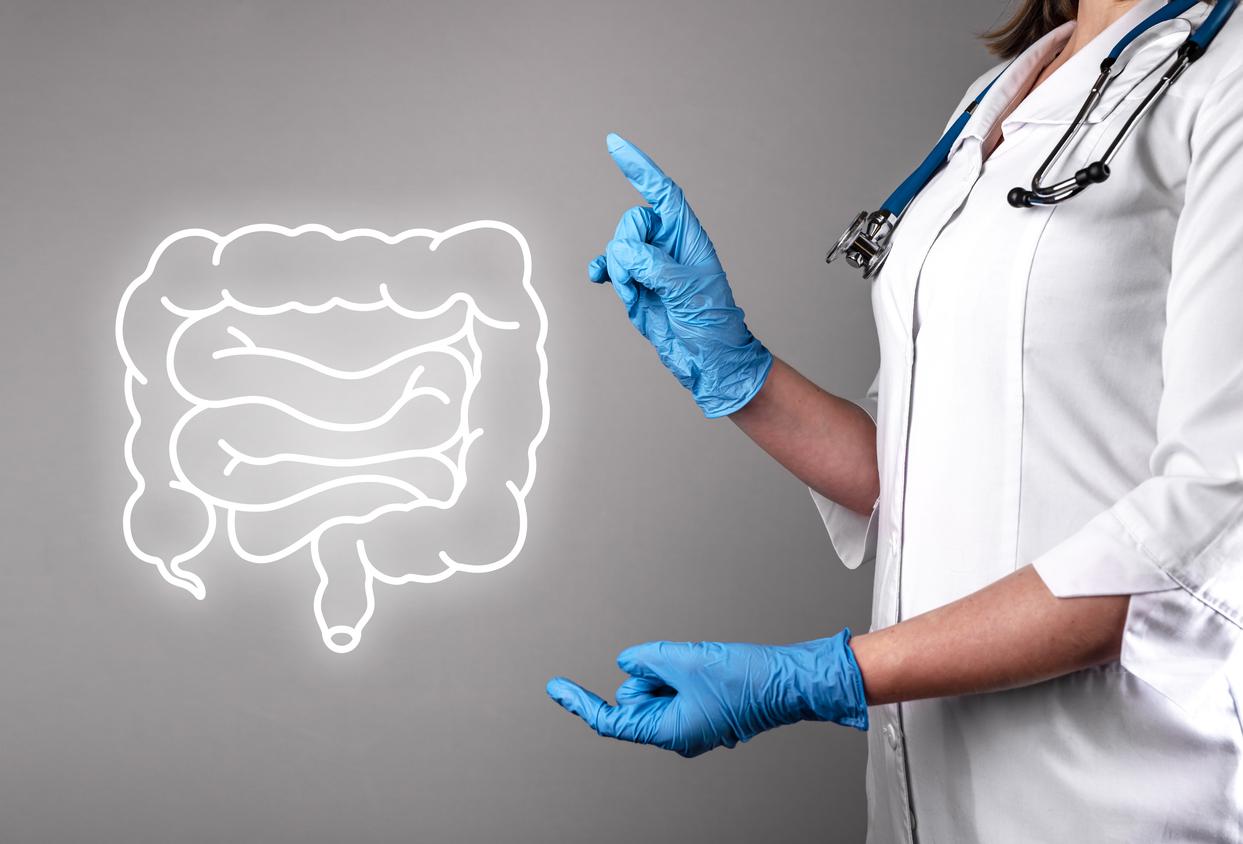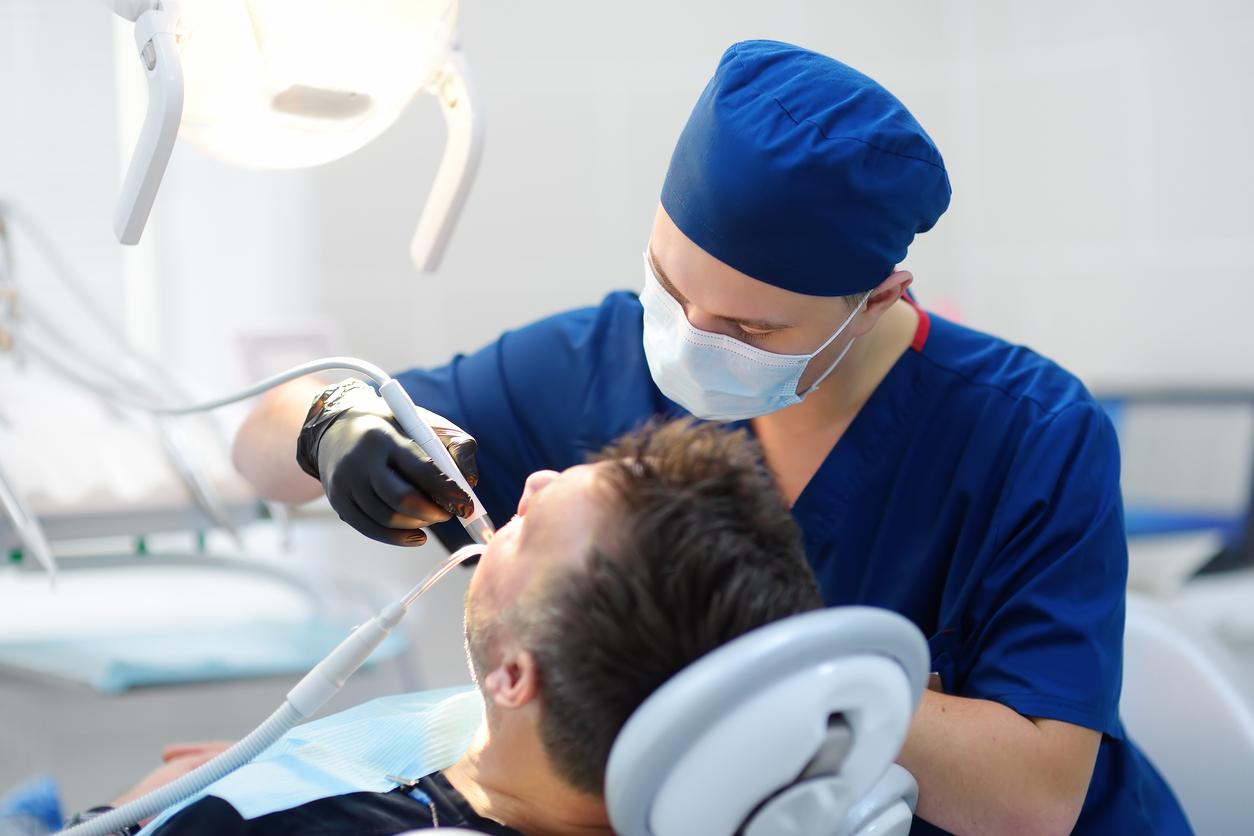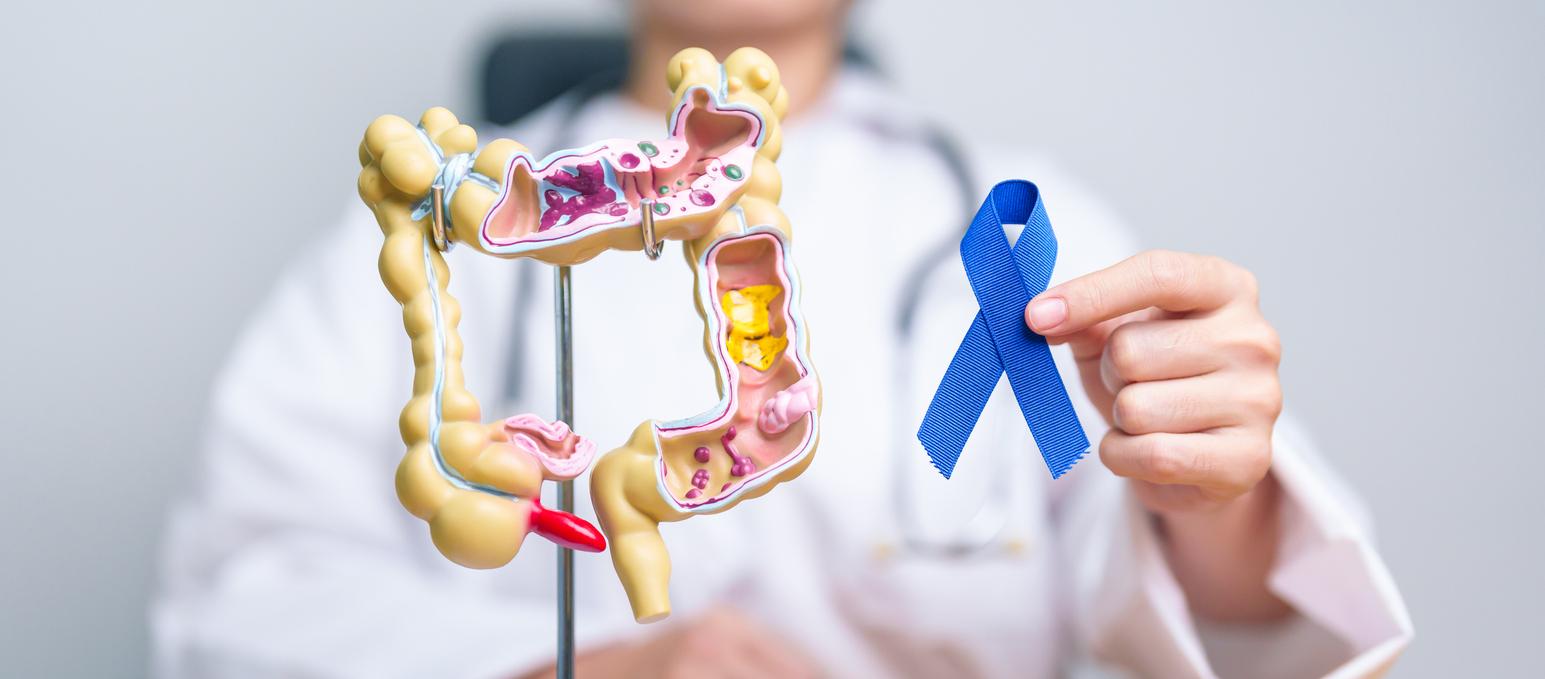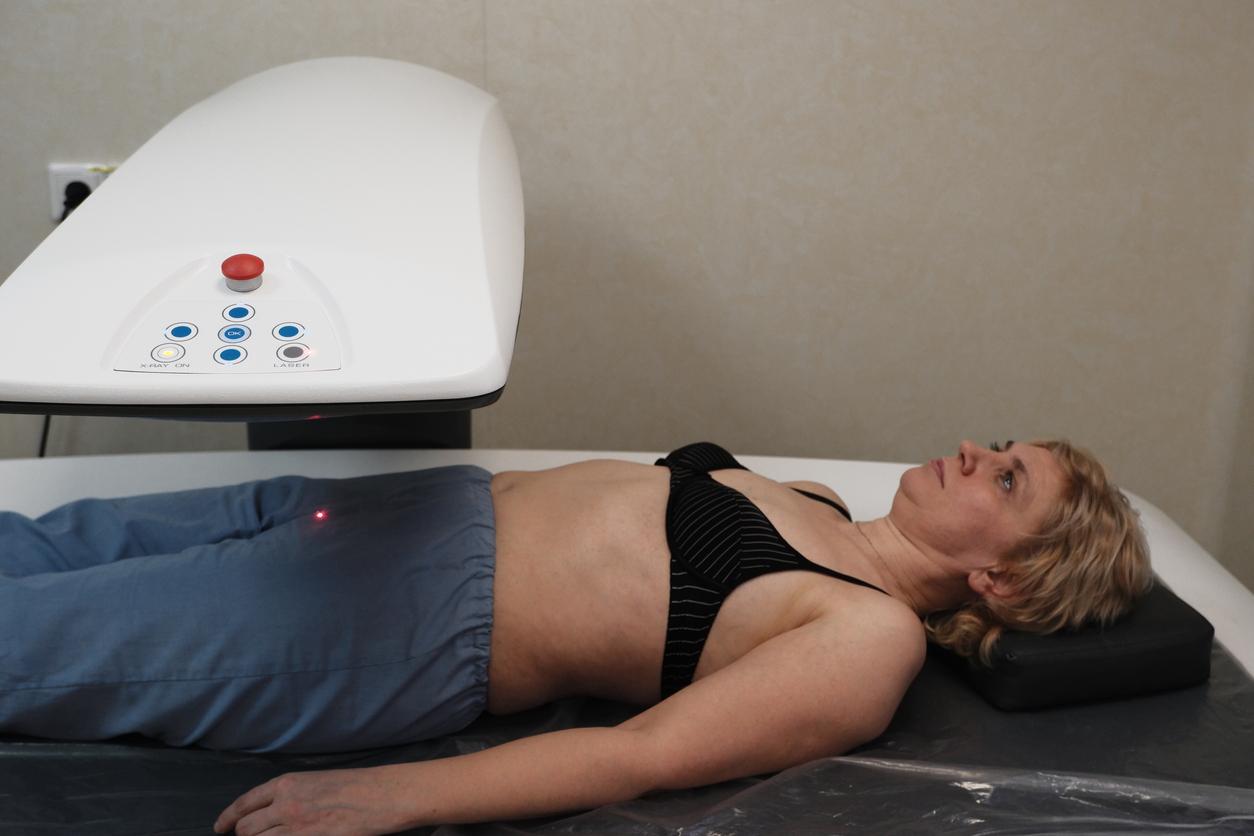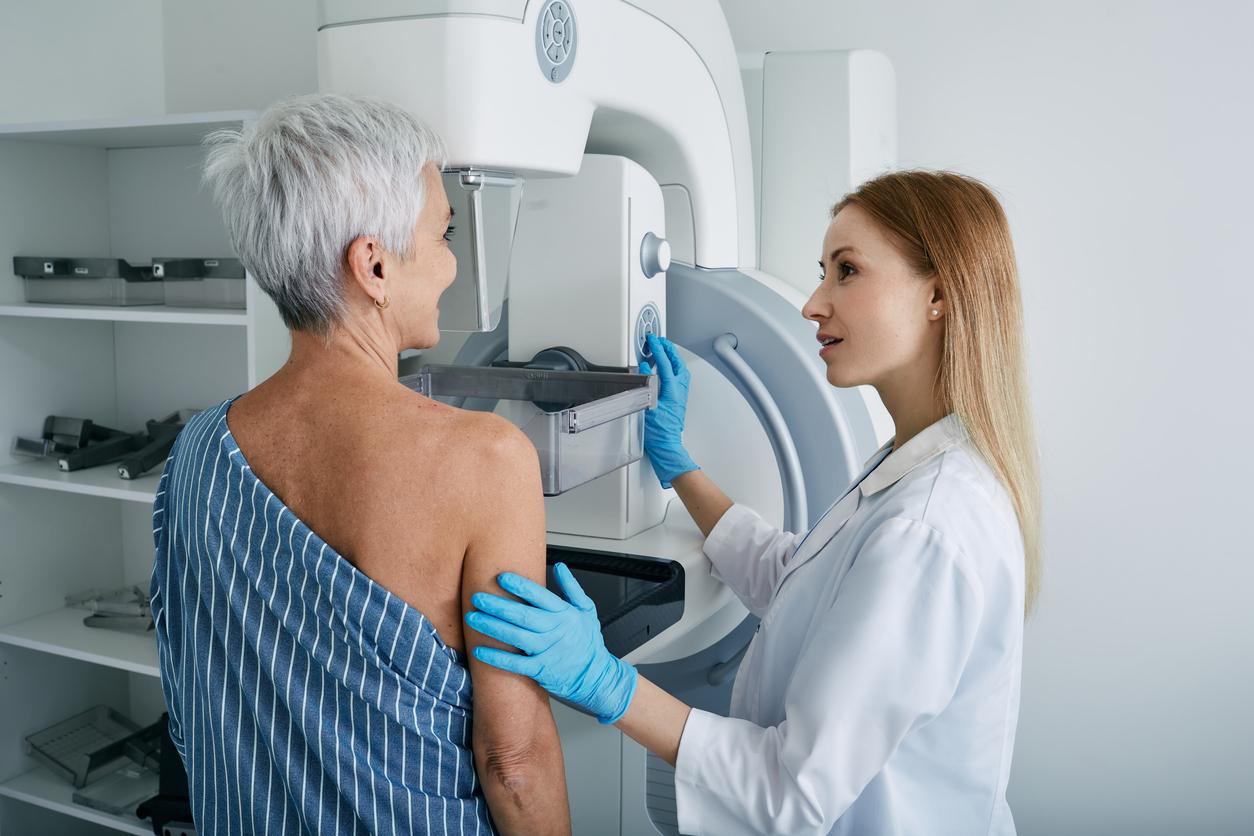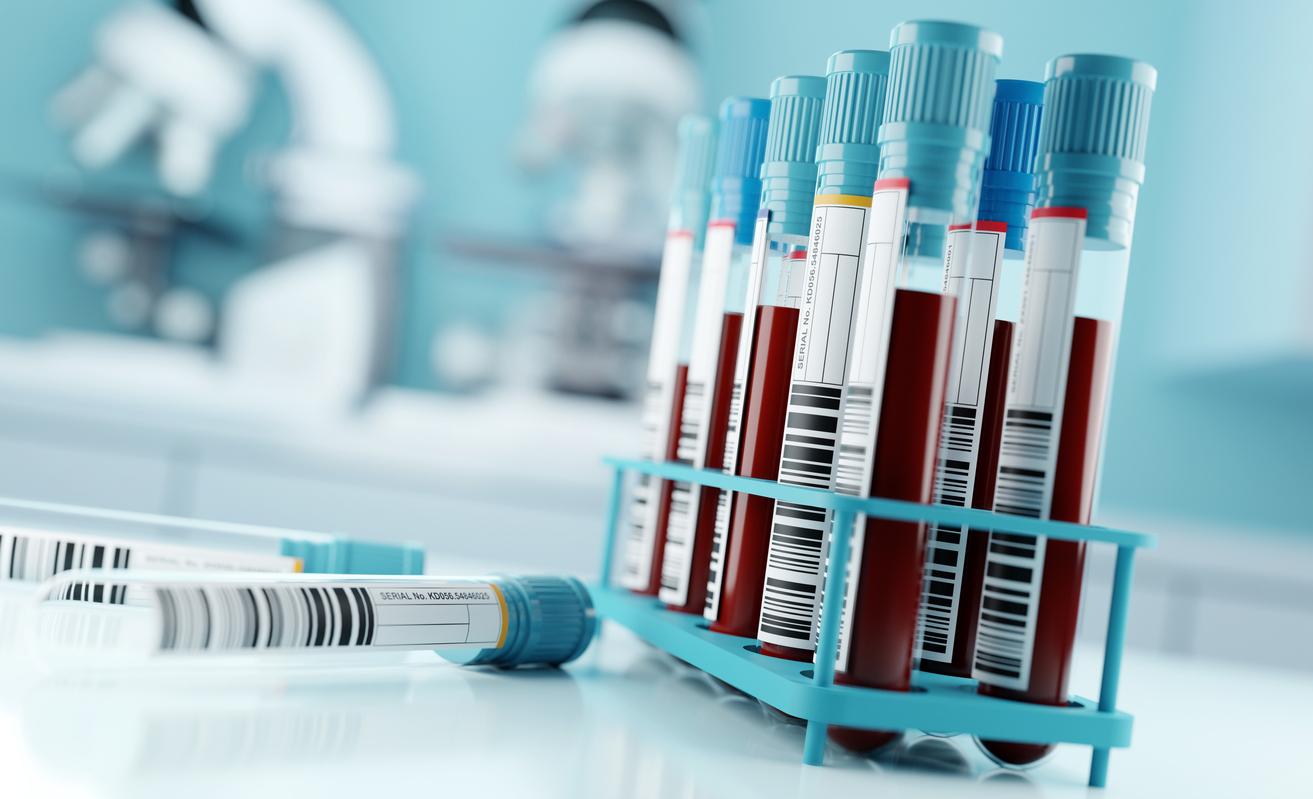All pregnant women can be screened for trisomy 21 by blood test. This test is now fully reimbursed by health insurance.
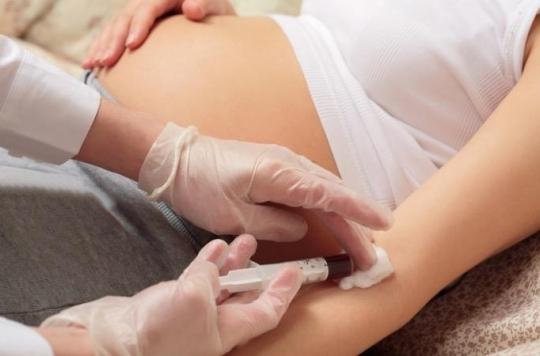
The DNA test to detect trisomy 21 is not compulsory, but since January 18, 2019, it has been reimbursed by Health Insurance. The doctors carry out a blood test which makes it possible to analyze the DNA of the fetus, and to check that there is no abnormality of chromosome 21. This test is much less invasive and dangerous than amniocentesis.
[Webzine] Following the recommendations of the HAS, the screening strategy for #Trisomy 21 has evolved and incorporates free DNA testing circulating in maternal blood
? Better and less invasive screening
? Explanations: https://t.co/SdEvFlElnl pic.twitter.com/eIokxekSQn– High Authority Health (@HAS_sante) January 22, 2019
A cost of 390 euros
Since May 2017, the High Authority for Health has included “non-invasive prenatal screening” (DPNI) in its recommendations for pregnant women. In the private sector, they had to bear the costs, but this blood test was carried out free of charge in public hospitals thanks to special protocols which make it possible to reimburse innovative treatments. From now on, the Health Insurance will bear its cost: approximately 390 euros.
Screening in stages
The test, estimated to be 99% reliable, is part of a trisomy 21 screening protocol. spine. Thanks to the age of the pregnant woman and a blood test, doctors can estimate a level of risk. When it is between 1/1000 and 1/51, they suggest that the pregnant woman perform a NIPT, and if it is greater than or equal to 1/50, a karyotype of the fetus must be performed using an anmniocentesis or a trophoblast biopsy (a sample of the tissue that will form the placenta).
A reduction in the number of amniocentesis
Previously, the NIPT step did not exist, and all women whose risk was between 1/1000 and 1/51 were encouraged to perform an amniocentesis. This involves removing amniotic fluid by piercing the membrane that surrounds the fetus. According to the National College of French Gynecologists and Obstetricians, with this technique, the risk of miscarriage is 1%.
Trisomy 21 results from the presence of three chromosomes 21 instead of two. In each individual, its consequences are different: developmental delay, particular physical characteristics, malformations, etc. This genetic anomaly is the most widespread in France. It concerns between 50,000 and 60,000 people.
.












